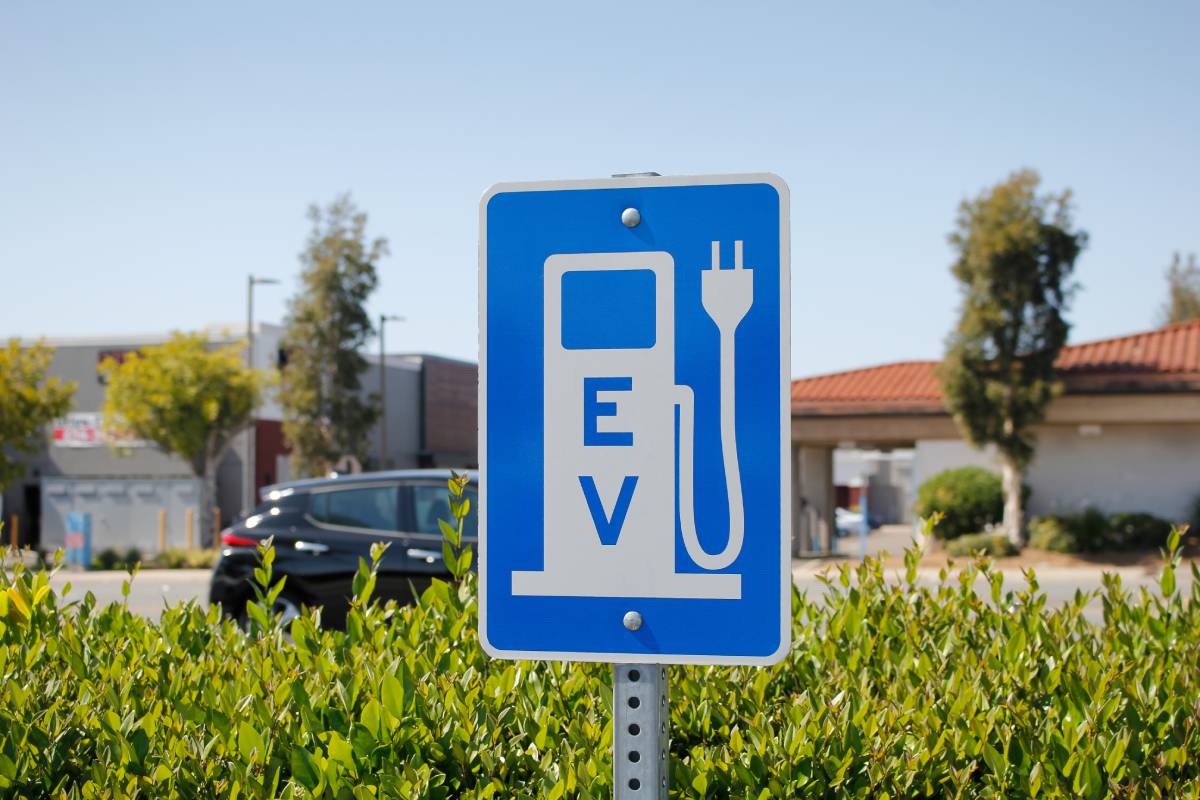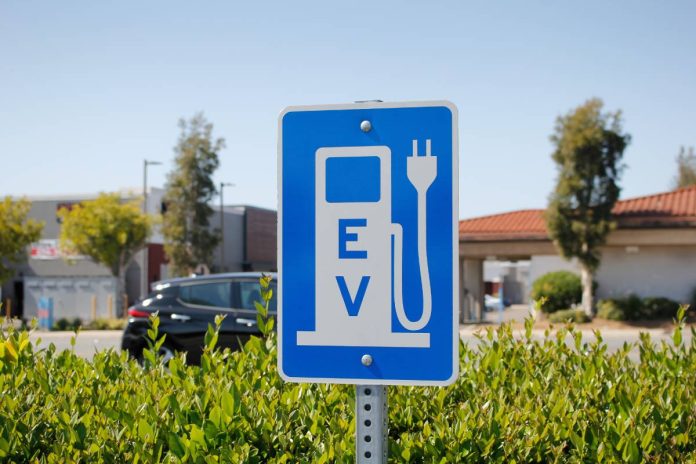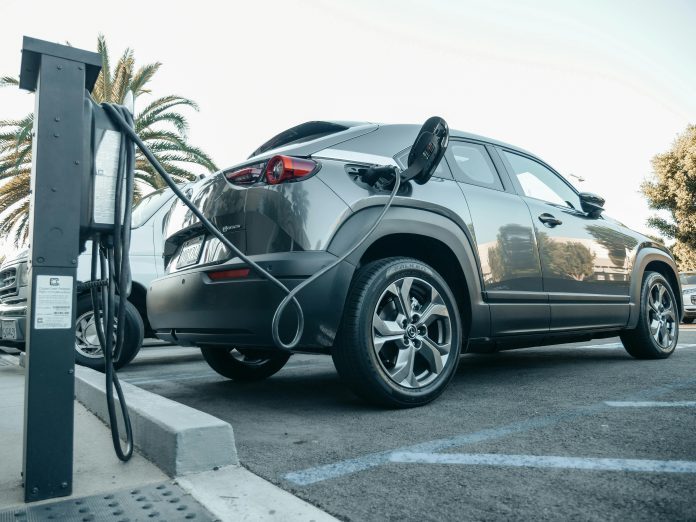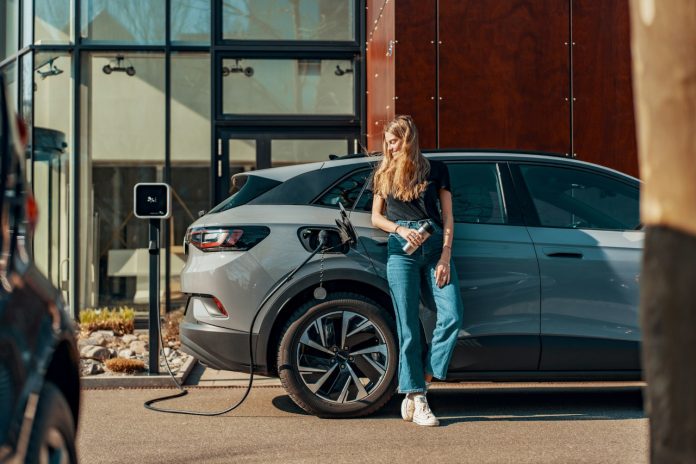Electric vehicles (EVs) are significant steps forward in reducing carbon emissions and promoting sustainability. If you’re preparing to switch to an EV, take the time to do some research before making your final decision. Here’s a breakdown of the top five things to know before switching to an electric vehicle.
EVs Work Differently From Gas Vehicles
Once you fully understand how electric vehicles work, you’ll be better prepared to buy and maintain one. Electric vehicles use powerful lithium-ion batteries to power their motors. Unlike traditional gas-powered vehicles, EVs produce zero tailpipe emissions and are very energy efficient. From regenerative braking to silent drives, EVs offer a clean, forward-thinking driving experience.
Charging Infrastructure Is Key
Charging an EV is different from filling up at the gas station. Public charging networks are becoming easier to find these days, but availability varies by location. If you plan to rely on public chargers, research the network capabilities in your area. You’ll also have to plan long road trips carefully to ensure you can charge up along the way. Seriously consider installing a home charging station as well to prevent the hassle of dealing with a dead battery.
EV Costs Go Beyond the Purchase Price
Some people hesitate to buy EVs due to the price. It’s true that EVs have higher upfront costs compared to gas and diesel vehicles, but EVs pay for themselves over time. They’re easier to maintain, and “fuel” expenses are minimal, so you won’t face soaring prices at the pump anymore. There are also government incentives to buy EVs.
At the same time, replacing the battery can be expensive—though, as technology advances, the costs become more manageable.
Recycling EV Batteries Is Critical for Sustainability
Keep in mind that owning an EV comes with some challenges. While EVs are eco-friendlier than internal combustion vehicles, the spent batteries place demands on the environment. EV batteries are recyclable, but they contain heavy metals and other toxic materials. Thankfully, many materials in EV batteries—such as cobalt, lithium, and nickel—may be reused to manufacture new batteries. Still, EV manufacturers continue to seek more sustainable means to power EVs.
EVs Are Always Evolving
The EV industry is growing, with advancements in battery life, charging speed, and vehicle affordability. Stay updated on the latest developments to make an informed decision when you’re purchasing an EV. You’ll see significant improvements in EV capabilities and infrastructure over time, which may influence which brand or model you opt for.
Those are just five things to know before switching to an electric vehicle. Buying an EV is an exciting opportunity to reduce your carbon footprint while enjoying cutting-edge technology. However, understanding the costs, charging logistics, and battery recycling efforts ensures your transition is smooth and aligned with sustainable practices. By staying informed, you’re well on your way to contributing to a greener future—one electric mile at a time!











